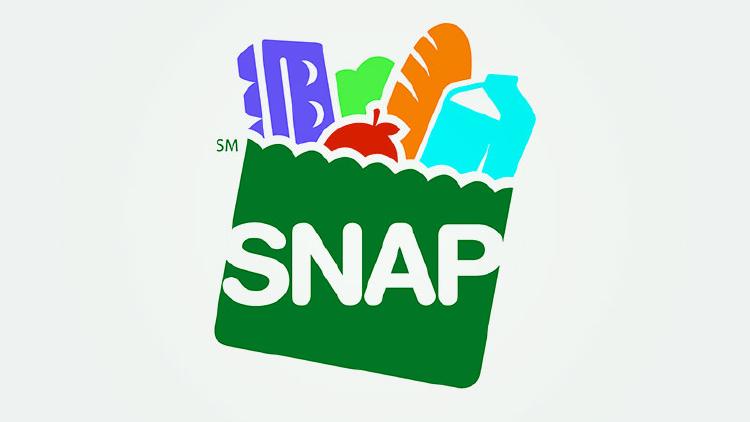the Texas SNAP Program
The Supplemental Nutrition Assistance Program (SNAP) in Texas provides essential nutrition assistance to low-income individuals and families.

- john shim
- 3 min read

Overview of the Texas SNAP Program
The Supplemental Nutrition Assistance Program (SNAP) in Texas provides essential nutrition assistance to low-income individuals and families. Administered by the Texas Health and Human Services Commission (HHSC), the program aims to improve the health and well-being of eligible Texans by providing them with benefits to purchase food.
Program Administration
Texas administers its SNAP program at the state level, ensuring uniform application and processing across all counties. The program offers both voluntary and mandatory SNAP Employment and Training (E&T) programs, catering to different needs and circumstances of beneficiaries.
Reporting Requirements
Texas is currently under review regarding its reporting requirements. Typically, states can assign households to simplified reporting, change reporting, or a combination of both. Simplified reporting requires households to report changes periodically, usually every six months, and when their income exceeds certain thresholds.
Certification Periods
Certification periods for SNAP households in Texas are also under review. Generally, certification periods can range from four to 24 months, with periodic reports required to maintain eligibility.
Treatment of Self-Employment Income
Texas uses the actual costs method to determine self-employment income for SNAP eligibility. This means that only the net income, after deducting the actual costs of doing business, is considered for calculating SNAP benefits.
Standard Utility Allowances (SUAs)
Texas mandates the use of Standard Utility Allowances (SUAs) for all households in place of actual utility costs. This standardization simplifies the process and ensures consistent treatment across different cases.
Treatment of Income and Deductions of Ineligible Noncitizens
For noncitizens ineligible for SNAP benefits, Texas counts all but a prorated share of their income and deductions when determining the eligibility and benefit amounts for the rest of the household.
Child Support Payments
Texas treats legally obligated child support payments made to non-household members as a deduction from income, encouraging compliance with child support obligations.
Drug Felony Disqualifications
Texas imposes a modified ban on individuals with drug felony convictions, allowing them to receive SNAP benefits under certain conditions, such as participating in a drug treatment program.
Work Requirements and Disqualification Policy
Texas has opted for minimum disqualification periods and extends disqualification to the entire household if the head of household fails to comply with work requirements. Non-exempt individuals must comply with SNAP general work requirements, which include work registration and participation in employment and training programs.
Able-Bodied Adults Without Dependents (ABAWD) Time Limit Waiver
Texas does not apply the ABAWD time limit waiver, meaning able-bodied adults without dependents must meet work requirements to receive benefits beyond three months in a three-year period.
Broad-Based Categorical Eligibility (BBCE)
Texas has adopted Broad-Based Categorical Eligibility, which expands SNAP eligibility to households receiving non-cash benefits funded by Temporary Assistance for Needy Families (TANF) or Maintenance of Effort (MOE) funds.
Demonstrations for Individuals Who Are Elderly and/or Have a Disability
Texas participates in both the Elderly Simplified Application Project (ESAP) and the Standard Medical Deduction (SMD) demonstration projects. These initiatives streamline application processes and deductions for households with elderly or disabled members.
Transitional Benefits Alternative (TBA)
Texas does not currently offer Transitional Benefits Alternative (TBA), which provides a set benefit amount for households transitioning off TANF without the need for reporting during the transition period.
Combined Application Projects (CAP)
Texas operates a Modified Combined Application Project (CAP) in partnership with the Social Security Administration (SSA), simplifying SNAP application procedures for individuals receiving Supplemental Security Income (SSI) benefits.
The Texas SNAP program is designed to provide essential nutrition assistance while promoting work and self-sufficiency among beneficiaries. With various options and waivers, Texas tailors its SNAP program to meet the needs of its diverse population, ensuring that low-income individuals and families have access to the food they need for a healthy life.